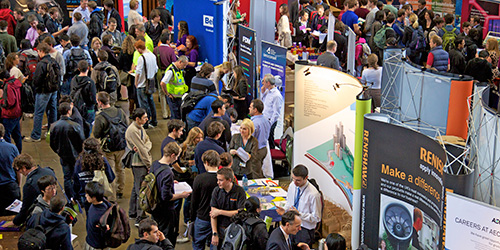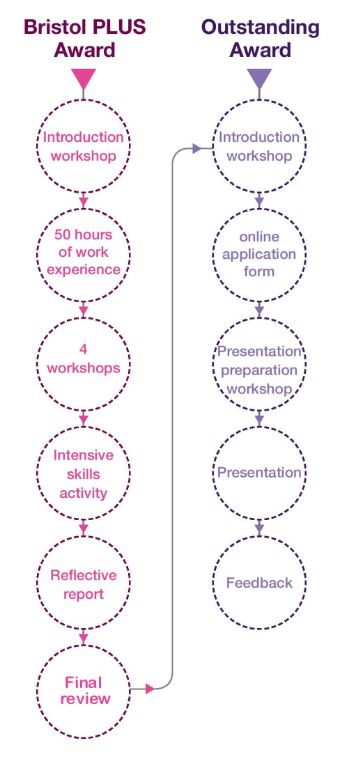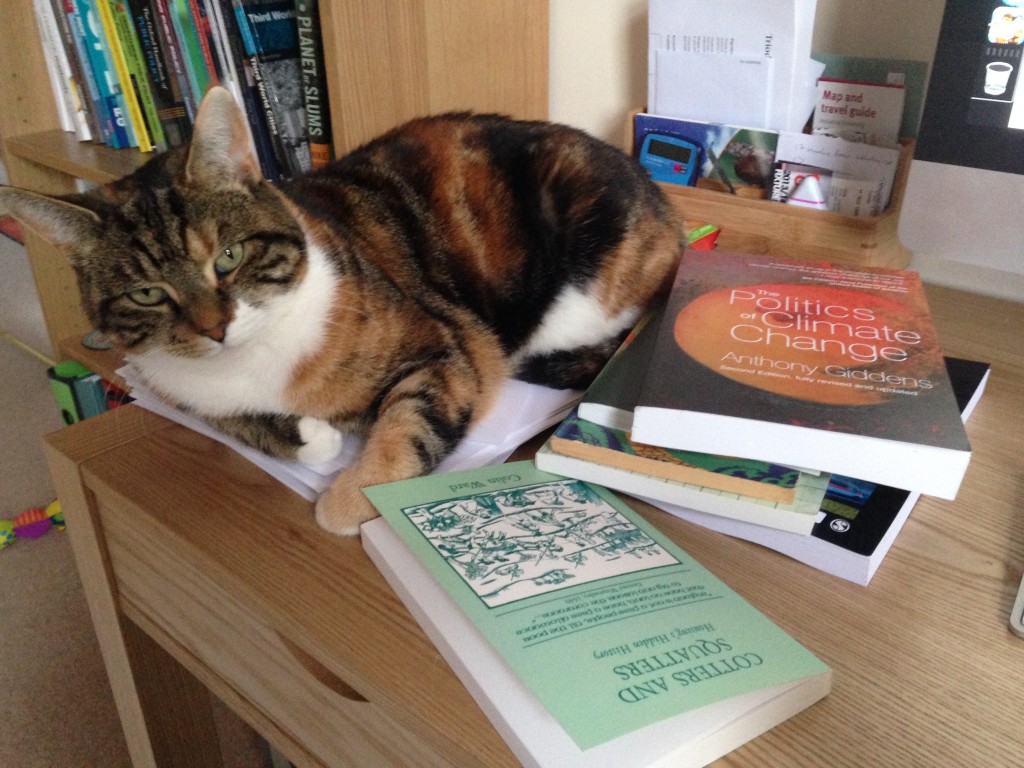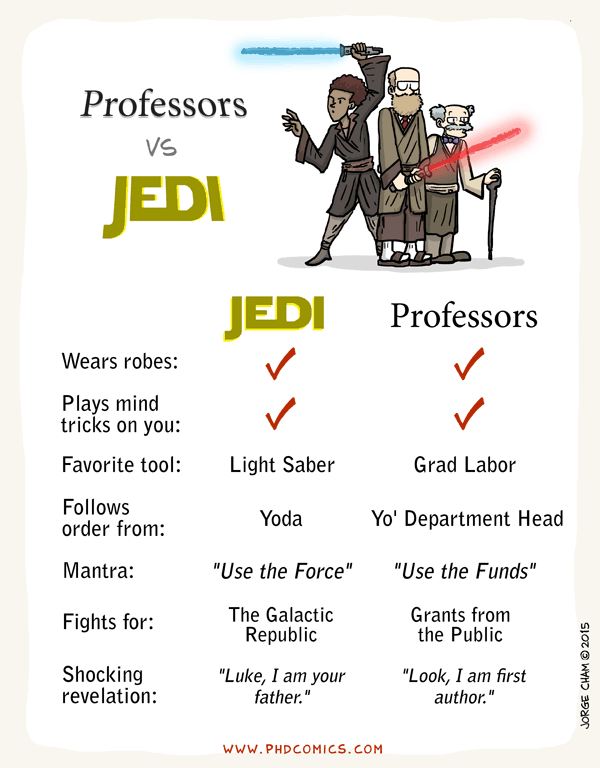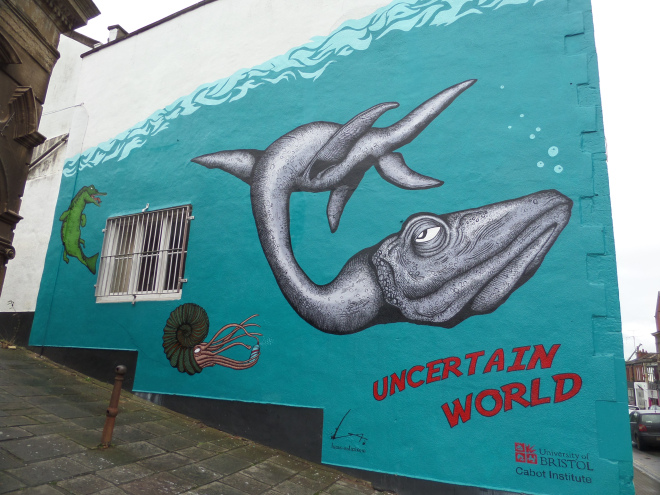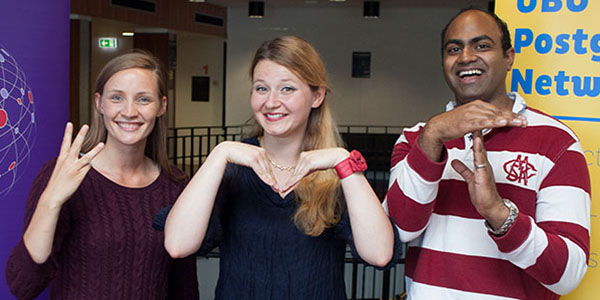 Not sure why you might want to showcase your research at ‘Research without Borders’? Here’s 10 good reasons why you might want to get involved:
Not sure why you might want to showcase your research at ‘Research without Borders’? Here’s 10 good reasons why you might want to get involved:
1. Get out of the lab / library

We spend so much of our time focusing on doing our research that we sometimes forget that there is a whole world of exciting opportunities for us to take advantage of! Take a break for a few hours and come down to @Bristol to tell others about what you’ve been working on. You’ll be much more relaxed and refreshed when you return to your work – and you might even have a few new ideas to try out!
2. Meet other researchers and connect with the wider Bristol community

Postgraduate research is so specialised and individual that sometimes you forget that you are part of a community of more than three thousand research students. Come and meet one another, share ideas – you might even make some new friends!
3. Potential employers
This year you won’t just be showcasing your research to other PGRs and the Bristol academic community – we’ll also be inviting key external partners, including academics from other institutions, industrial partners, local community groups and organisations, the Bristol City Council – the list goes on and on. Let us know if there is anyone in particular that you would like us to invite. This is an ideal opportunity for you to network with these high-profile guests. You never know, this could be a foot in the door for your post-PhD career!
4. Meet the people funding your research
We’ll also be extending an invitation to the charities and research councils who fund your research. This is your opportunity to show them what you have been doing with the money they have invested in you. It’s also a great opportunity for you to speak with funders about any ideas you might have for future research projects. It never hurts to make friends with the people who hold the purse strings!

5. Talk to interested people about your research
Your supervisors, parents, partner, and friends are probably all getting a bit tired of hearing about your work. This is an ideal opportunity to talk to others who haven’t yet heard all about it. Plus, it’s always a good challenge to try to explain your research in a way that others can understand it. Take advantage of the fact that you’ll have a captive audience on hand.
6. Explore interconnections between your work and others’
You won’t be the only one doing all of the talking – this is a great opportunity for you to find out what other people are working on. You might just realise that there are connections between your work and others. Breaking out of your research bubble is never a bad idea!
7. Generate new ideas and collaborations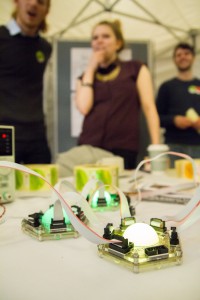
Be an academic in action! Meet new people, develop new ideas, learn from one another – that’s what being an academic is all about! This is your opportunity to spark new ideas with people you might not encounter in your day-to-day work.
8. Apply your expertise to real-world problems
Not sure what kind of impact your research could have on global challenges? How about problems affecting the city of Bristol itself? In addition to the research showcase there will also be opportunities for you to contribute your expertise to addressing real-world problems. A series of ‘Grand Challenges’ will be running throughout the day, enabling you to see how your knowledge and experience can help to solve some of world’s biggest problems.
9. Win prestigious prizes
In the past, we’ve given away iPads, ferry boat rides, restaurant vouchers, Amazon vouchers… you never know what you might win! This year is no exception! We’ll be offering prizes for the 3MT, best poster display and best interactive research display.

10. It’ll be fun!
With interactive maps, graffiti walls and quick-fire talks, this event is going to be jam-packed with fun activities for everyone! Free drinks and food are just the icing on the cake.

So what are you waiting for? Sign up and reserve your place now!


